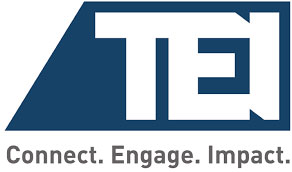MASSIE says:
First of all, don’t panic. Being audited by the IRS is just part of claiming the R&D tax credit, and although you haven’t experienced a full audit yet, it isn’t something to fear. As long as you did the necessary work during your study year, then you will be fine.
Second, IDRs are questions that the IRS will ask you formally in an exam. IDR stands for Information Document Request. If you start getting peppered by the examiner in a call or Teams meeting with specific questions about your credit, then you might want to request that the IRS issue formal IDRs for those questions to give you time to research or pull the best answers for them. Remember, your subject matter experts are your key “witnesses” during an audit. Be sure to collaborate with them before sending the IRS your written responses.
A few other helpful tips:
- Be aware of the auditing process and rights available to the taxpayers. The IRS has a handbook and you should be familiar with how they are to treat you so you can hold them accountable.
- To create a good rapport with the IRS and ensure the process runs smoothly, be sure to understand the objective of the audit and how to provide the necessary information in a seamless way.
- Discuss questions and issues regarding the IDR with the IRS and determine what makes the most sense for each IDR. When in doubt, ask the IRS to issue you IDRs in draft form to make sure you understand the question or ask the IRS to clarify a question before the response time starts. Once the IDR is issued to you in final, you only have a limited number of days to respond.
- When new agents come to audit you, consider making this process as easy as possible for them by offering assistance at every opportunity. Get to know your agents, their experience, and remember that with the IRS hiring so many new people, you may have to educate your agent on the R&D credit throughout the exam.
- Consider your attitude, tone of voice, body language, and facial expressions in interactions with the IRS. Treating an IRS agent like a human rather than a machine will ease the stress of the process. Remember to be an empathetic and active listener.
- Make sure to get the contact information of all the team members handling the IDR. Develop a communicative and punctual relationship, offering feedback to the agent if appropriate.
Please contact the MASSIE team if you want to discuss this topic further or require assistance with your calculations.
Disclaimer: The information on this website is for general information purposes only. Nothing on this site should be taken as legal advice for any individual case or situation.





